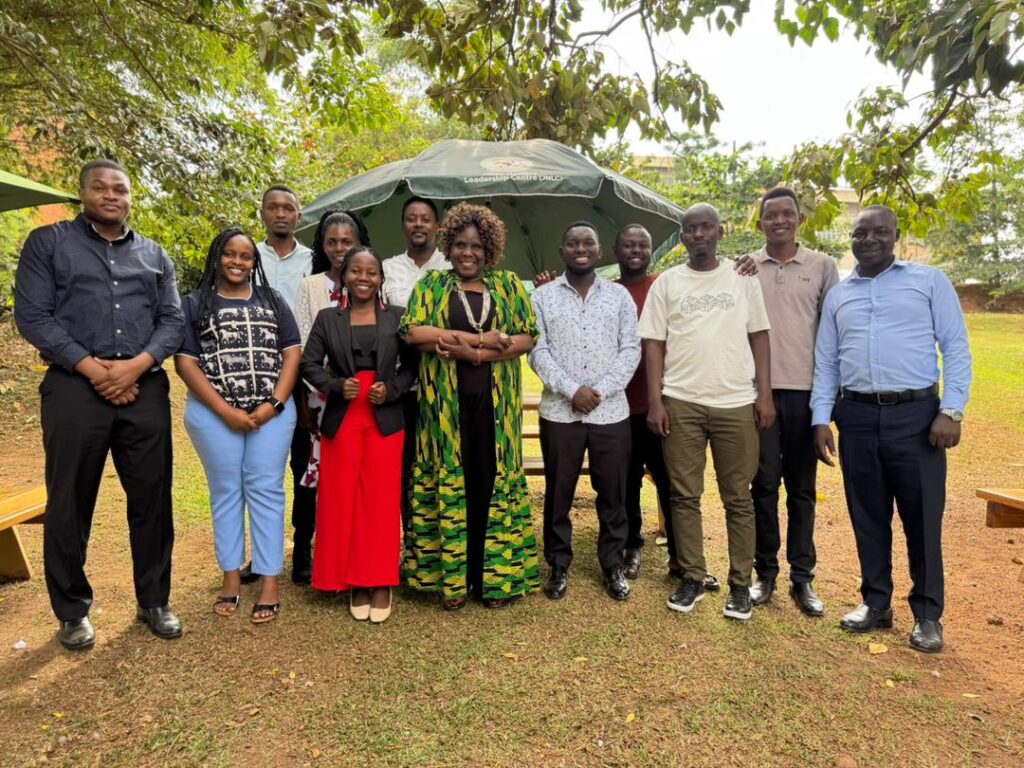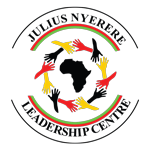Julius Nyerere Leadership Centre (JNLC) this afternoon hosted a celebratory luncheon to honor Tanzanian students who graduated during the 75th Graduation Ceremony at Makerere University. The event was attended by students from Tanzania, Kenya, and other EastAfrican Countries, reflecting the centre’s commitment to fostering regional unity and leadership excellence.

Dr. Nansozi Muwanga, Executive Director of Julius Nyerere Leadership Centre, extended her heartfelt congratulations to the graduates. In her address, she highlighted the importance of education in personal and societal development. She emphasized the evolving nature of the world and encouraged the graduates to pursue further studies, expand their knowledge, and remain committed to being solutions-oriented leaders in their communities.
Dr. Muwanga also underlined the significance of the centre’s role in nurturing future leaders. She encouraged the graduates to share the JNLC’s vision and activities with others, saying, “As you return home and chase new dreams, carry the spirit of the Julius Nyerere Leadership Centre. Spread the word about our mentorship programs and our mission to equip the next generation of leaders across Africa.”




The luncheon not only celebrated the graduates’ academic achievements but also served as a reminder of the values embodied by the centre’s namesake, Mwalimu Julius Nyerere, widely revered as the “Baba wa Taifa” (Father of the Nation) in Tanzania. Nyerere’s legacy as a statesman and educator resonates deeply with students at the centre, which is often seen as a home away from home for Tanzanian students studying in Uganda.
The celebration coincided with Makerere University’s 75th graduation ceremony, which honored the achievements of 13,658 students, including many from East African countries. This milestone underscores the university’s role in shaping the region’s intellectual and professional landscape.
The JNLC’s dedication to leadership development mirrors Nyerere’s own philosophy. His words,
“Education is not a way to escape poverty—it is a way of fighting it,”
remain a guiding principle for the centre’s work.
Beyond the celebration, the luncheon reinforced the special connection between the centre and Tanzanian students, many of whom regard Nyerere not only as a founding father but also as an enduring symbol of Pan-African unity. The event concluded with calls for continued collaboration among graduates, the centre, and their communities to ensure the vision of Mwalimu Nyerere lives on through transformative leadership and education.





